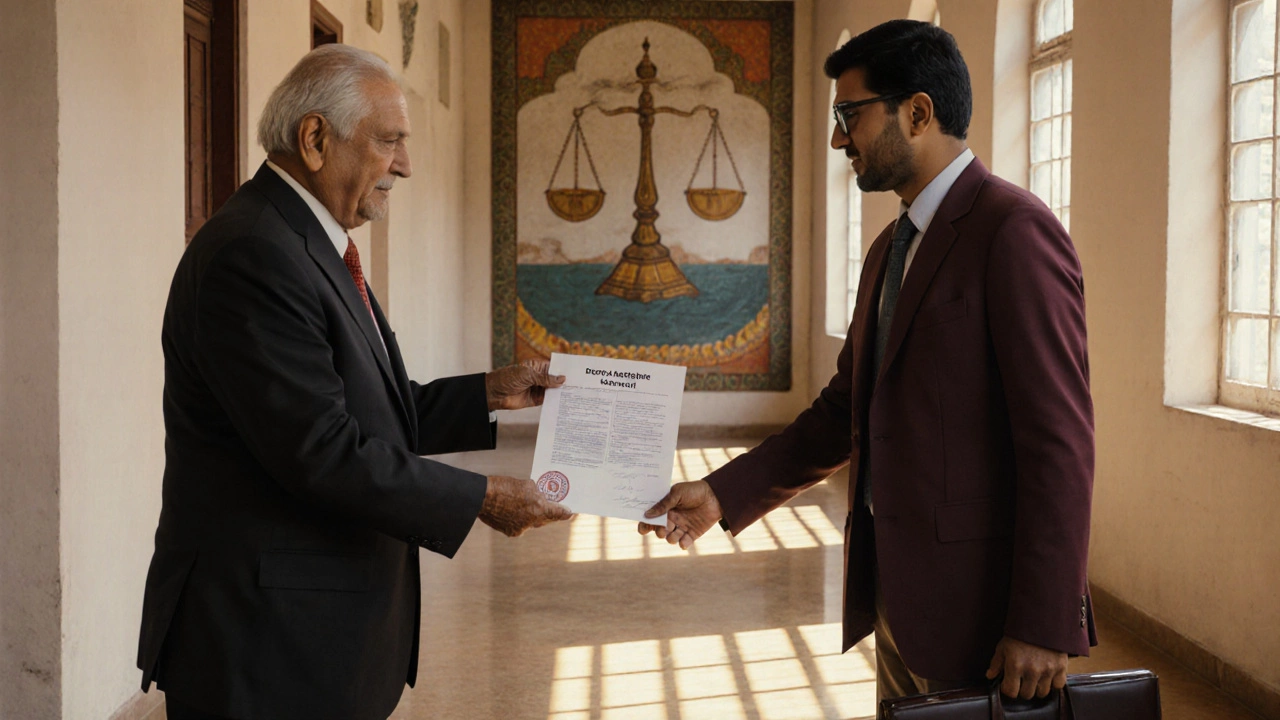Remarriage Legal Requirements in India
When dealing with remarriage legal requirements, the set of rules that govern a second marriage in India, covering documentation, age limits, and prior marriage status. Also known as second marriage regulations, it marriage registration, official recording of a marriage with civil authorities that validates the union, a valid divorce decree, court order confirming the dissolution of the first marriage, and, in many cases, the consent, written or verbal permission from the former spouse or legal guardian when required are all essential pieces. Understanding how these pieces fit together helps you avoid delays and ensures the new marriage is fully recognized.
Key Elements to Consider
First, age eligibility is non‑negotiable: men must be at least 21 and women 18, as per the Hindu Marriage Act and similar personal laws. Second, the previous marriage must be legally ended—either by death, divorce, or annulment—before you can file a new application. A divorce decree signed by a competent court satisfies this condition, but you also need the “no‑objection” certificate in cases where a spouse is alive and a mutual consent divorce is pursued. Third, the registration process requires several documents: original marriage certificate of the first marriage, death certificate or divorce decree, proof of residence, age proof (like a birth certificate or school records), and, if applicable, a custody order for children. Each document must be attested and, for foreign marriages, apostilled or authenticated by the Indian embassy.
Fourth, the role of the family court varies by state. Some states demand a mandatory cooling‑off period after divorce before a new petition can be filed, while others allow immediate filing if both parties agree. The court also checks for any pending alimony or maintenance orders; clearing these financial obligations is part of the remarriage clearance. Fifth, for widows or widowers, the legal landscape is simpler—no divorce decree is needed, but you still must present a death certificate and prove the previous marriage’s dissolution.
Sixth, special cases such as inter‑religious remarriage or conversions require additional steps. If you change your religion before remarrying, you must obtain a conversion certificate and possibly a new marriage registration under the appropriate personal law. Finally, local municipal bodies often have unique forms and fees; checking the nearest office’s checklist saves time. By mapping each requirement—age, prior marriage status, documentation, court clearance, and local procedures—you create a clear road map for a smooth remarriage.
Now that you know the main pillars—age limits, divorce clearance, registration paperwork, consent rules, and court procedures—you're ready to tackle the specifics of your situation. Below you’ll find articles that break down each step, from validating a foreign marriage certificate to navigating the fastest divorce routes, so you can move forward with confidence.

Remarry After Divorce in India: Rules, Waiting Periods & Steps
Learn if and how you can remarry after divorce in India, covering legal waiting periods, required documents, steps to register a new marriage, and common pitfalls.